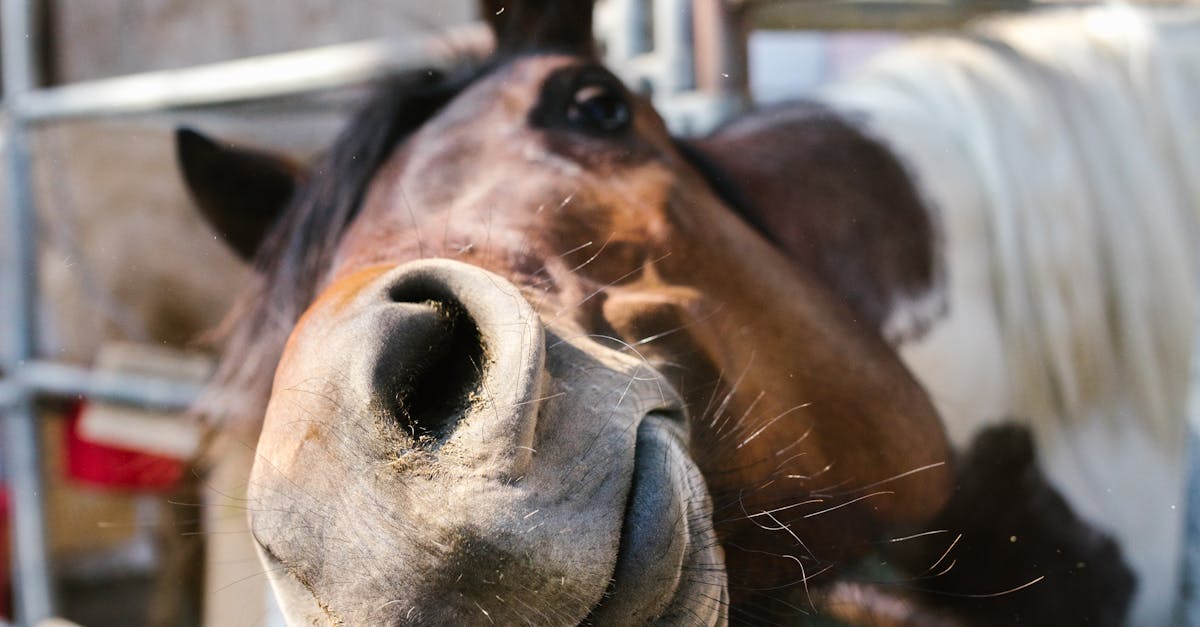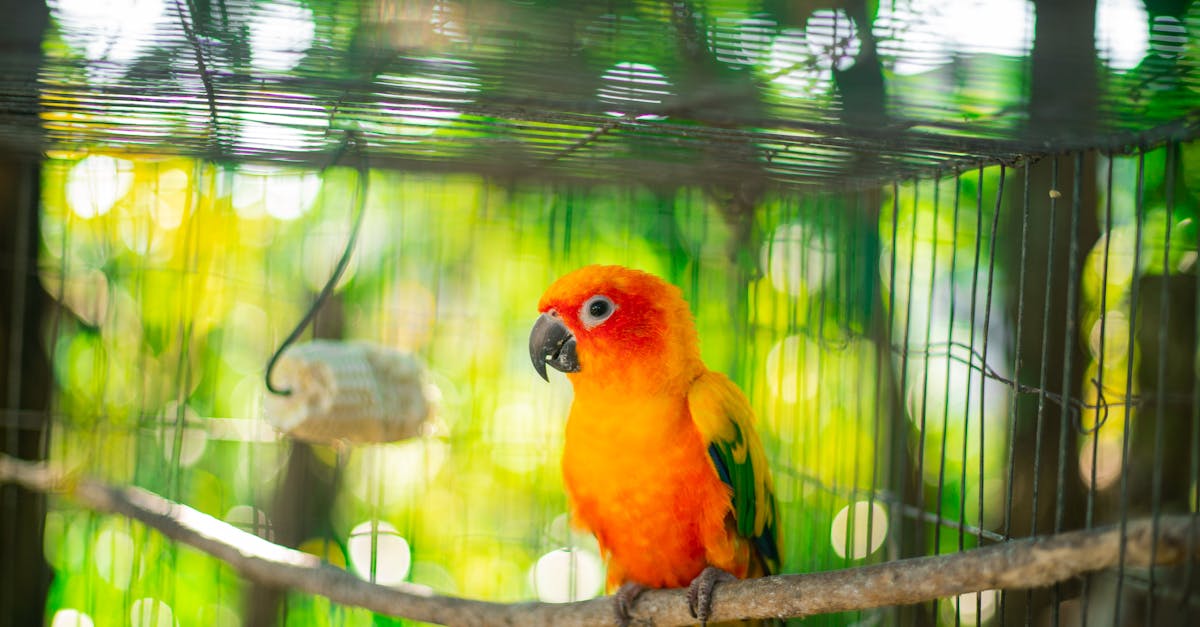Does your horse seem to struggle with sneezing, nasal discharge, or difficulty breathing during certain times of the year? Just like humans, horses can suffer from seasonal allergies, including a condition known as seasonal allergic rhinitis. This condition, often triggered by pollen, dust, or mold, can leave your horse uncomfortable and affect their overall well-being. Understanding the symptoms, causes, and management strategies can help you provide the best care for your equine companion.
⚠️ What to Watch For
Seasonal allergic rhinitis in horses can present with a range of symptoms, many of which overlap with other respiratory or allergic conditions. Here are the key signs to watch for:
- Frequent sneezing or snorting
- Clear nasal discharge (sometimes watery or slightly thickened)
- Itchy or irritated nose and face
- Labored breathing, especially during exercise
- Coughing or wheezing
- Head shaking or rubbing against objects
- Reduced performance or reluctance to work
Symptoms often worsen during peak allergy seasons, such as spring and early summer, when airborne allergens like pollen are more prevalent.
🔍 Possible Causes
Seasonal allergic rhinitis in horses is primarily caused by environmental allergens that trigger an overactive immune response. Common culprits include:
- Tree, grass, and weed pollens
- Mold spores, especially in damp or poorly ventilated environments
- Dust from bedding, hay, or feed
Horses with underlying respiratory conditions, such as recurrent airway obstruction (RAO) or inflammatory airway disease (IAD), may be more prone to developing seasonal allergic rhinitis. Additionally, genetics and the local environment can influence your horse's susceptibility to allergies.
✅ What You Can Do at Home
Managing seasonal allergic rhinitis in horses often requires a combination of reducing allergen exposure and supporting your horse's respiratory health. Here are practical steps you can take:
- Keep your horse's living area clean and free of dust by regularly cleaning stalls and ensuring proper ventilation.
- Soak hay before feeding to minimize dust particles.
- Consider switching to low-dust bedding, such as paper or rubber mats.
- Limit your horse's outdoor exposure during peak pollen times, such as early morning or windy days.
- Provide access to fresh, clean water to keep nasal passages hydrated.
- Use a fly mask with a nose cover to reduce inhalation of airborne allergens during turnout.
Some horses may benefit from over-the-counter supplements containing omega-3 fatty acids, which have natural anti-inflammatory properties. However, always consult your veterinarian before introducing new supplements to your horse's diet.
💡 When to Call a Vet
While mild cases of seasonal allergic rhinitis can often be managed at home, there are times when professional veterinary care is necessary. Contact your vet if:
- Your horse's symptoms worsen or fail to improve with management strategies.
- There are signs of secondary infections, such as thick yellow or green nasal discharge.
- Your horse shows signs of severe breathing difficulty, such as flaring nostrils or heaving flanks.
- Performance issues persist despite addressing environmental triggers.
A veterinarian can perform diagnostic tests, such as endoscopy, allergy testing, or bronchoalveolar lavage (BAL), to determine the exact cause of your horse's symptoms. Treatment options may include antihistamines, corticosteroids, or allergy desensitization therapy.
FAQs
Q: Can horses outgrow seasonal allergies?
A: While some horses may experience fewer allergy symptoms as they age, many will continue to have seasonal allergies throughout their lives. Proper management is key to minimizing discomfort.
Q: Are there natural remedies for seasonal allergic rhinitis in horses?
A: Natural options like omega-3 supplements and herbal anti-inflammatories may help reduce symptoms, but they should always be used under veterinary guidance to ensure safety and effectiveness.
Book a $49 online vet consultation at https://www.dialavet.com for fast, expert advice.























